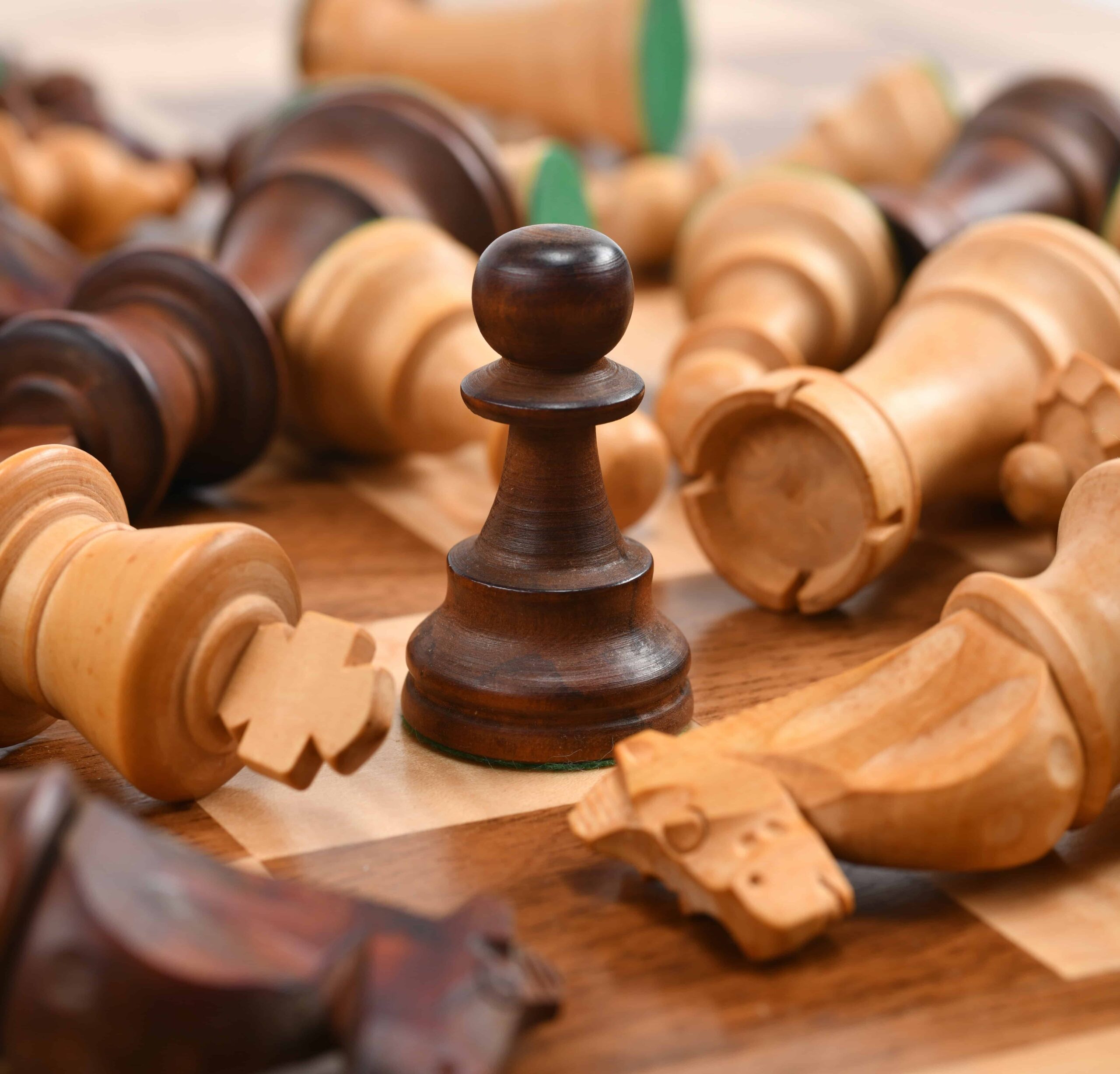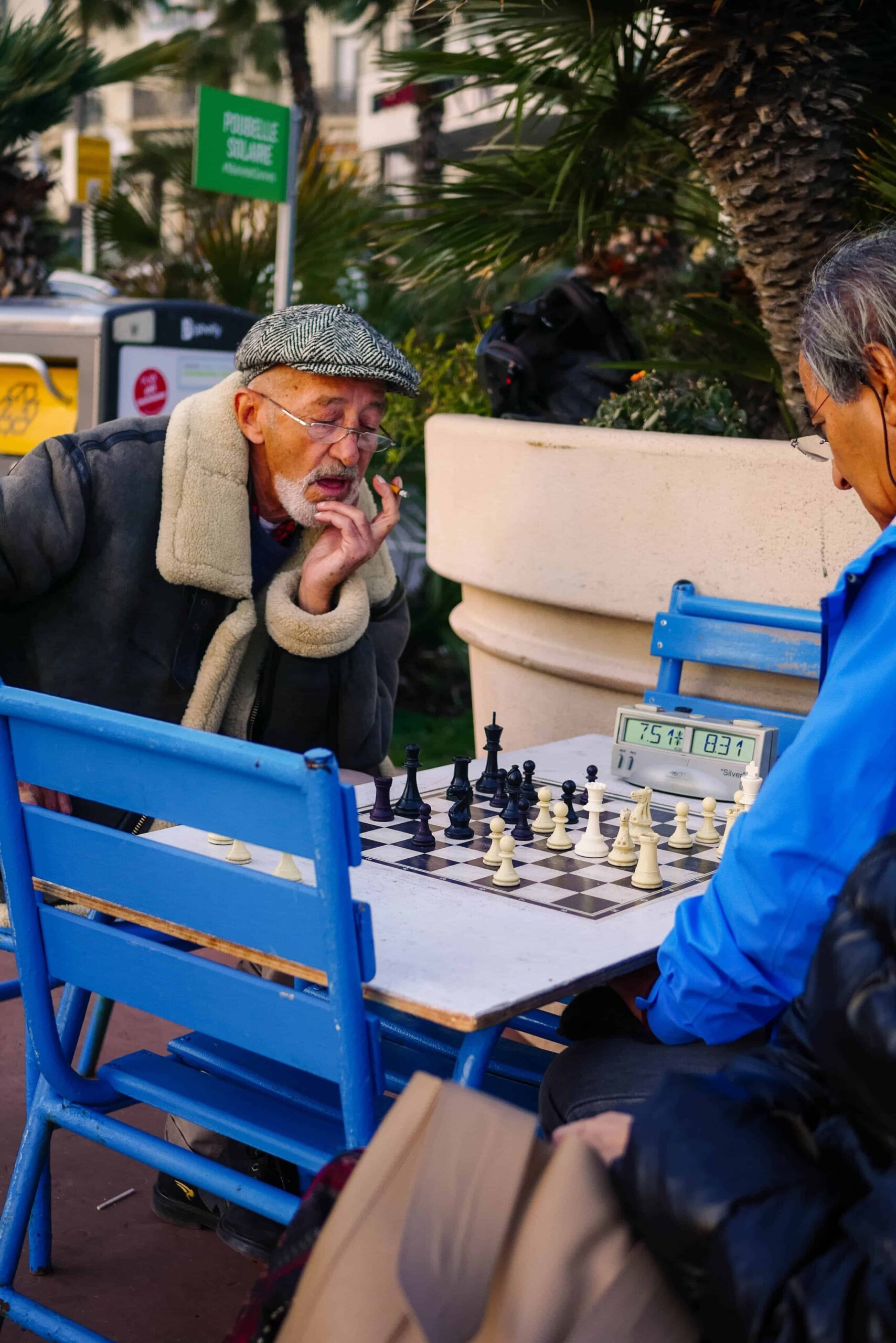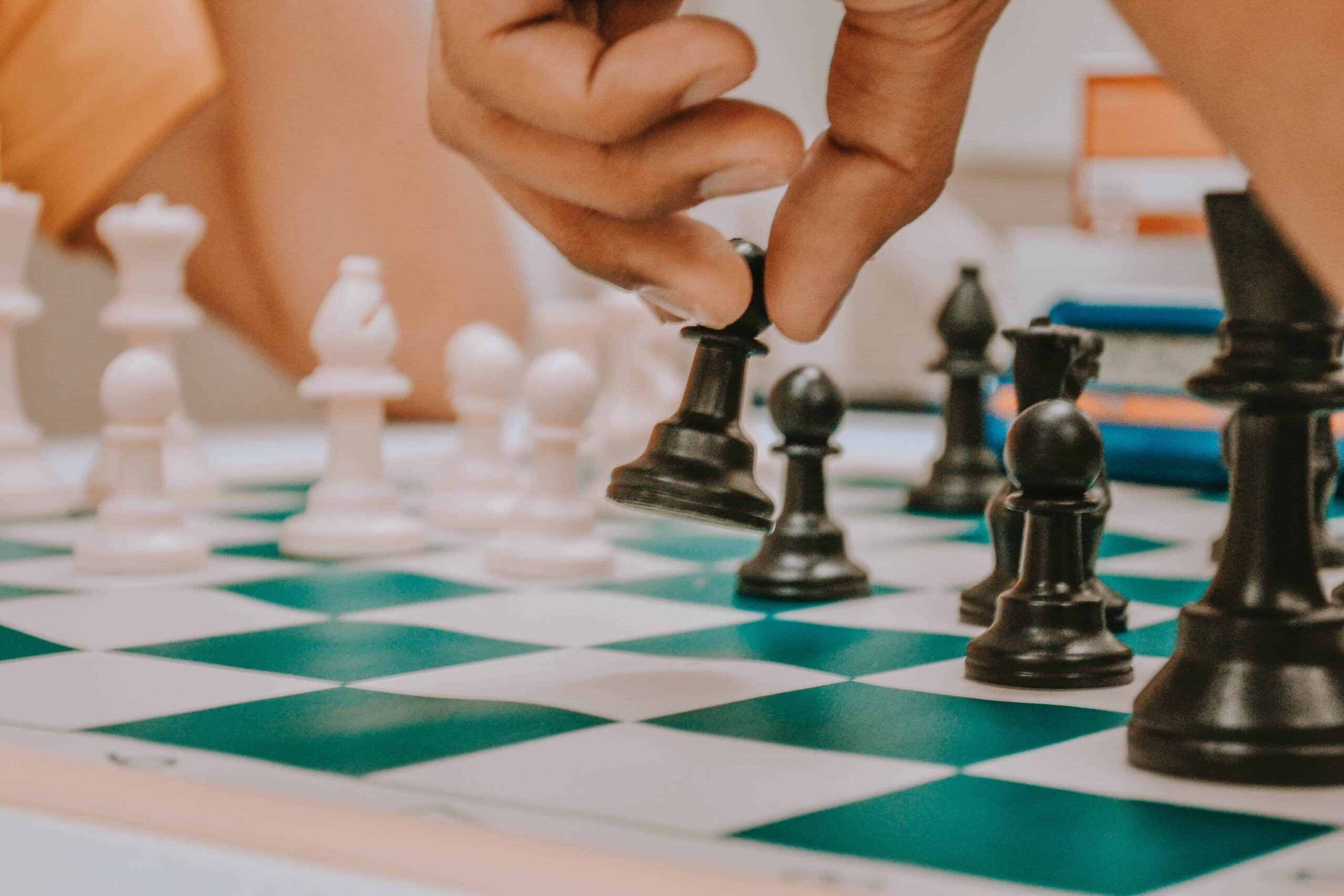What is a blunder in chess? In any game, there’s always a chance that a player might make a mistake. Sometimes these mistakes are minor and have little impact on the game. But other times, a player might make a move that completely changes the course of the game – this is called a blunder.
If you are a chess player, then you know that making a mistake can cost you the game. But what is a blunder in chess? And how can you avoid them? Blunders are never desirable, but they happen from time to time – even to the best players. In this blog post, we will discuss what is a blunder in chess, what blunders are, and how to identify and avoid them. Stay tuned!
In this blog post, we’re going to look at what exactly qualifies as a blunder in chess, and some common mistakes that players make. So, if you’re curious about what can happen when you make one too many mistakes during your next chess game, read on!
So, What Is A Blunder In Chess?
The concept of a ‘blunder’ in chess can be difficult to understand. A blunder could mean anything from leaving your opponent’s piece vulnerable or making the wrong move that ruins an opportunity for victory, but most often it will refer specifically to missing winning positions. Now let’s define what is a blunder in chess.

A blunder in chess is a move that costs you the game. We can define it as a terrible move that is made unintentionally. This might be because of a mistake in your calculation, or because you played into your opponent’s trap. Either way, a blunder is a serious mistake that should be avoided at all costs. These moves can often lead to a quick and decisive loss for the player who makes the blunder.
Mistakes are a part of the game, and even grandmasters will make simple mistakes that cost them something. But committing an error as big as possible can be disastrous to your strategy, changing outcomes completely!
One Grandmaster Move That Often Leads To A Blunder
The Ruy Lopez, or Spanish Game, is an oldest popular chess opening. The Ruy Lopez is a great opening for white because it allows you to control the center of the board and put your pieces in powerful positions. However, black has a few tricks up his sleeve as well, and can often lead to some very complicated positions.
The Ruy Lopez can be a very dangerous opening for black if he’s not careful. One of the most common mistakes black players makes is playing the B6 move too early. This move might look good at first because it defends the knight and gives black some space on the queenside of the board. However, it leaves the black king very exposed and can often lead to a quick loss of the game.
Most Common Blunders In Chess!
Now that we’ve discussed what a blunder is and some of the most common causes, let’s look at some specific examples of blunders that chess players often make.
Not Paying Attention To Your Opponent’s Threats
This is perhaps the most common mistake that chess players make. Failing to take your opponent’s threats into account can often lead to a quick and costly loss. Always be aware of what your opponent is doing and what they might do next. If you see a threat, don’t ignore it! Deal with it, or your game might be over before you know it.
Not Calculating Variations Carefully
Another very common mistake is failing to calculate variations carefully. This often leads to making bad moves that cost you the game. If you’re not sure what a move will lead to, don’t make it! Take the time to calculate all the potential outcomes before you make your move. This might take longer, but it will be well worth it in the end.
Moving Too Quickly
Many chess players make the mistake of moving too quickly. This often leads to making hasty decisions that turn out to be bad moves. If you’re feeling rushed, take a deep breath and slow down.
Not Thinking Ahead
Another common mistake is not thinking ahead. This often leads to making moves that make little sense and can often lead to a quick loss. When playing chess, you should always think ahead to what your next move will be.
Not Analyzing Your Games
After you finish a chess game, it’s important to analyze what happened. What went well? What went wrong? What could you have done better? This is the only way to improve your chess game. The analysis is key to becoming a better player.
Not Studying Chess Principles
Finally, one of the most important things you can do to improve your chess game is to study chess principles. These are basic concepts that every skilful chess player should know. If you don’t know them, study them!
How To Avoid Blunders In Chess?
Now that we’ve discussed what a blunder is and some of the most common mistakes that chess players make, let’s look at how you can avoid making them yourself. Here are a few tips for avoiding blunders in chess:

- Stay calm and focused – This is easier said than done, but it’s very important to stay calm during your chess game. If you let your emotions get the better of you, it will be much harder to make good decisions.
- Take your time – Don’t rush your moves. If you’re not sure what to do, take a few minutes to think about it. It’s better to take your time and make a good move than to make a rash decision that you might regret later.
- Pay attention to your opponent’s moves – This will help you anticipate what they might do next and help you make better decisions.
- Practice, practice, practice – The more you play, the better you’ll get at making good decisions. So, practice as much as you can!
- Study chess – There are a lot of books and websites out there that can help you improve your chess skills. So, take some time to study the game and learn as much as you can.
By now, you should understand what a blunder in chess is. By following these tips, you’ll be well on your way to avoiding blunders in chess. So don’t forget to stay calm, take your time, and pay attention to what your opponent is doing. And practice, practice, practice! For you, we have also covered all about from who goes first in chess to castling in chess and much more!
